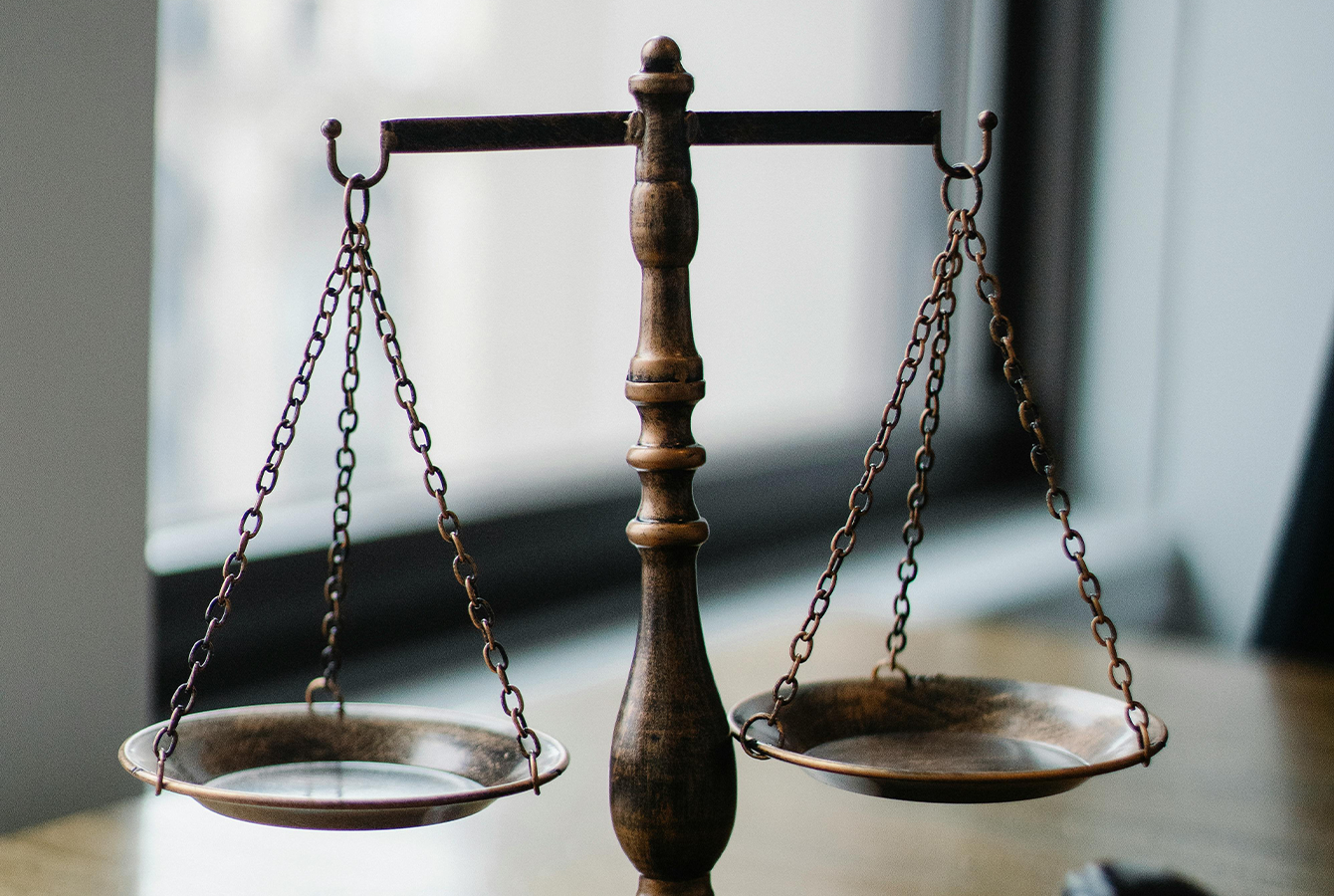
Justice Knows No Borders: A Foreigner's Right to a Fair Trial in Turkey
The Legal Foundation of Your Rights
-
The Turkish Constitution: Article 36 of the Constitution explicitly states that everyone has the right to a fair trial before the courts, either as a plaintiff or a defendant. -
The European Convention on Human Rights (ECHR): As a signatory, Turkey is bound by Article 6 of the ECHR, which provides a detailed framework for the right to a fair trial. The decisions of the European Court of Human Rights (ECtHR) are influential in the interpretation and application of Turkish law.
Key Elements of a Fair Trial in Turkey ⚖️
|
|
|
|
|
|
|
|
|
|
|
|
|
|
|
|
|
|
|
|
|
|
|
|
|
|
|
The Indispensable Role of a Lawyer
-
Navigating the System: The Turkish legal system has its own procedures, deadlines, and formalities. A mistake can lead to the loss of rights. A law firm ensures that every step is taken correctly and on time. -
Overcoming the Language Barrier: An interpreter translates words, but a lawyer interprets the law. They can explain complex legal concepts, the potential consequences of your case, and the best strategic options in a way you can understand. -
Protecting Your Rights: Your lawyer ensures that law enforcement and the courts respect all your procedural rights, from the police station to the courtroom. They will object to any violations and make sure they are recorded. -
Building a Defense: Your lawyer will analyze the evidence, identify weaknesses in the prosecution's case, find counter-evidence, and build the strongest possible legal defense on your behalf.
More content:
- A Comprehensive Guide to Acquiring Turkish Citizenship by Real Estate Investment in 2024
- A Foreigner's Guide to Buying Property in Turkey: A Step-by-Step Legal Process
- How to Obtain a Residence Permit in Turkey? A Comprehensive Guide for Foreigners 2024
- A Comprehensive Guide to Acquiring Turkish Citizenship by Real Estate Investment
- A Foreigner's Comprehensive Guide to Buying Property in Turkey
- Property Acquisition in Turkey for Foreigners: A Comprehensive Step-by-Step Guide
- Turkish Citizenship by Investment: Your Comprehensive Guide
- Consumer Rights in Turkey: A Guide for Foreigners with Defective Goods
- Debt Collection in Turkey for Foreigners: The Legal Enforcement (İcra) Process
- Tax Law in Turkey: A Guide to Tax Liabilities for Foreigners
- Medical Malpractice in Turkey: Legal Rights for Foreign Patients
- Making a Will in Turkey as a Foreigner: Understanding the 'Reserved Portion' Rule
- The Name Equivalence Certificate in Turkey: A Guide for Foreigners and Dual Citizens
- Debt Collection in Turkey for Foreigners: The Legal Enforcement (İcra) Process
- Eviction Lawsuits Against Foreigners in Turkey: Tenant Rights and Legal Procedures
- Making Foreign Judgments Valid in Turkey: The Recognition and Enforcement Process
- Traffic Accidents Involving Foreigners in Turkey: The Legal Process
- Losing Turkish Citizenship: The Legal Grounds for Denaturalization
- Compensation Rights for Employees Dismissed from a Job in Turkey
- Arbitration in Turkey for Foreigners: An Alternative Dispute Resolution
- Commercial and Company Law in Turkey for Foreigners
- Work Permit Refused? A Legal Guide to the Appeal Process for Foreigners in Turkey
- Appealing Administrative Fines in Turkey: A Guide for Foreigners
- Issuing a Power of Attorney in Turkey for Foreigners: Legal Requirements
- Divorce and Alimony Cases for Foreigners in Turkey
- Rights and Responsibilities of Foreigners under Turkish Criminal Law
- The Right to a Fair Trial for Foreigners in Turkey
- Condominium Law in Turkey and Its Importance for Foreigners
- Legal Restrictions for Foreigners Buying Land and Fields in Turkey
- Inheritance Law: Succession and Transfer Procedures for Foreigners in Turkey

 Turkish
Turkish English
English German
German Russian
Russian
